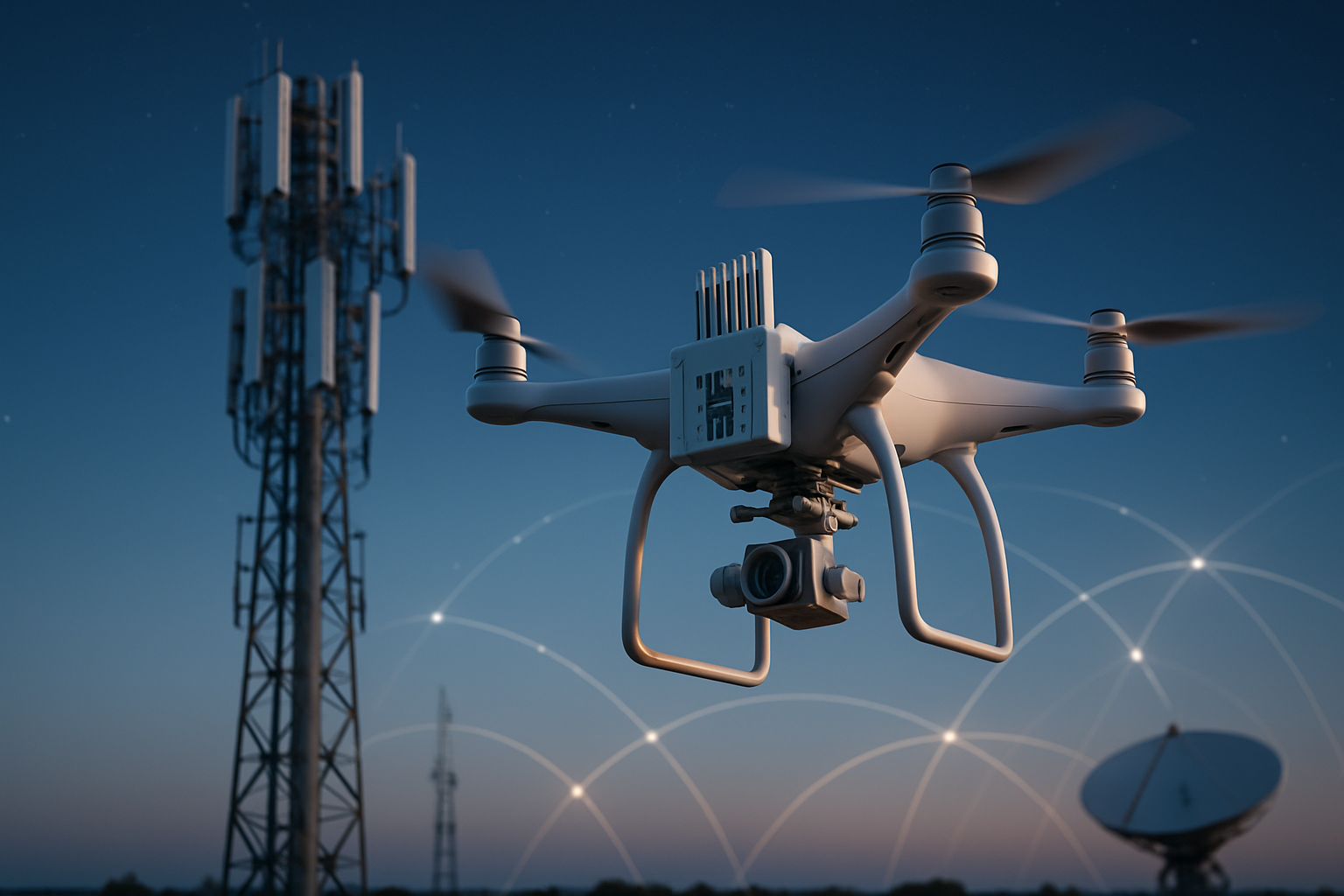Microlearning: The Future of Professional Development
Continuous bite-sized education revolutionizes career growth In today's fast-paced professional landscape, traditional learning methods are giving way to more agile, efficient approaches. Microlearning, a strategy that delivers content in small, focused bursts, is emerging as a game-changer in professional development. This innovative approach is reshaping how individuals acquire skills, adapt to industry changes, and advance their careers. Let's explore the transformative potential of microlearning and its impact on the future of work.

The Science Behind Microlearning’s Effectiveness
Research in cognitive psychology supports the efficacy of microlearning. Studies show that shorter, focused learning sessions lead to better retention and application of knowledge. This aligns with the brain’s natural ability to process and store information in short bursts. Moreover, microlearning caters to the decreasing attention spans in our digital age, making it an ideal fit for busy professionals who need to learn on the go.
Implementing Microlearning in Your Career Strategy
Incorporating microlearning into your professional development plan can yield significant benefits. Start by identifying key skills or knowledge areas crucial for your career growth. Look for reputable microlearning platforms or apps that offer content in these areas. Many provide a mix of video lessons, interactive quizzes, and practical exercises. The key is consistency – dedicating even 10-15 minutes daily to microlearning can lead to substantial skill development over time.
Microlearning and the Gig Economy
The gig economy, characterized by short-term contracts and freelance work, is particularly well-suited for microlearning. Gig workers often need to quickly acquire new skills or knowledge to stay competitive. Microlearning provides the flexibility and efficiency these professionals need. For instance, a freelance graphic designer can quickly learn new software features or design trends through short, focused lessons, allowing them to stay current without significant time investment.
The Role of AI in Personalizing Microlearning
Artificial Intelligence is taking microlearning to the next level by personalizing the learning experience. AI algorithms can analyze a learner’s progress, preferences, and career goals to recommend the most relevant micro-lessons. This tailored approach ensures that professionals are always learning what’s most beneficial for their specific career paths. As AI technology advances, we can expect even more sophisticated and effective personalization in microlearning platforms.
Microlearning and Soft Skills Development
While microlearning is often associated with technical skills, it’s equally effective for developing soft skills. Communication, leadership, and emotional intelligence can be improved through short, focused exercises and scenarios. For example, a series of 5-minute video lessons on active listening, followed by quick practice sessions, can significantly enhance communication skills over time. This approach makes soft skills development more accessible and less time-consuming for busy professionals.
The Future of Microlearning: VR and AR Integration
As we look to the future, the integration of Virtual Reality (VR) and Augmented Reality (AR) with microlearning presents exciting possibilities. Imagine learning complex procedures through short, immersive VR experiences or receiving real-time AR guidance for tasks in your work environment. These technologies have the potential to make microlearning even more engaging and effective, particularly for hands-on skills that are difficult to teach through traditional methods.
Overcoming Challenges in Microlearning Adoption
Despite its benefits, microlearning faces challenges in widespread adoption. Some critics argue that it may lead to fragmented knowledge or lack depth. To address this, it’s crucial to view microlearning as a complement to, rather than a replacement for, more comprehensive learning methods. Organizations and individuals should strive for a balanced approach, using microlearning for quick skill acquisition and updates while still engaging in deeper, more extensive learning experiences when necessary.
Measuring the Impact of Microlearning on Career Growth
Quantifying the impact of microlearning on career progression is vital for its continued adoption. Professionals can track their skill development through regular self-assessments and by seeking feedback from colleagues and supervisors. Organizations implementing microlearning programs should establish clear metrics to measure employee performance improvements and ROI. As more data becomes available, we’ll gain deeper insights into the long-term career benefits of consistent microlearning practices.
In conclusion, microlearning is poised to play a crucial role in shaping the future of professional development. Its ability to deliver targeted, efficient learning experiences aligns perfectly with the demands of modern careers. By embracing microlearning, professionals can stay agile, continuously update their skills, and navigate the ever-changing job market with confidence. As technology continues to evolve, microlearning will likely become an indispensable tool in every career strategy toolkit, empowering individuals to thrive in an increasingly dynamic and competitive professional landscape.





